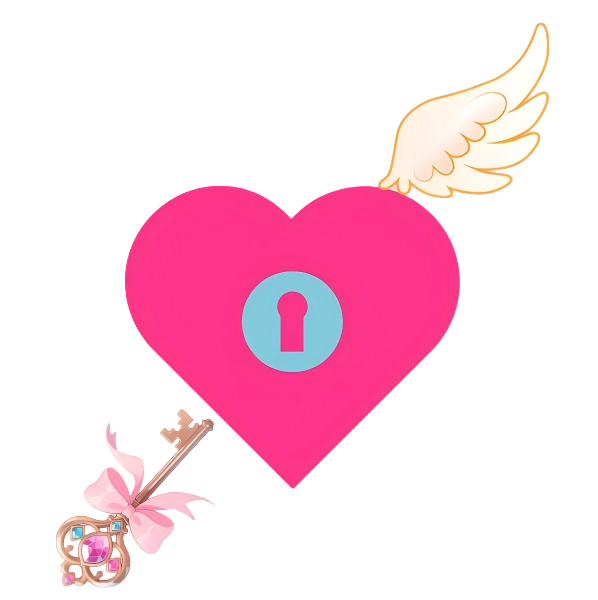🌐Over $68 Ships Free Worldwide
How I Relearned My Body at 60
They call it ‘widow’s fire’— that fierce, bewildering surge of desire that can follow the shattering grief of losing a partner. For me, Eleanor, 60, a literature professor, it was a cruel and confusing joke. My husband, Robert, was gone. The man I’d loved for forty years, whose touch was my home, was never coming back. How could my body betray me like this? How could it want when my heart was shattered?
Guilt was my constant companion. Wanting felt like a betrayal of his memory. My body was a stranger, speaking a language of need I didn’t want to understand. I tried to ignore it, to bury it under Shakespearean sonnets and student essays. But it was a persistent, quiet hum under everything.
My daughter, home for Christmas, left her tablet open on the kitchen table. A article was on the screen: “Navigating Desire and Loss: The Unspoken Challenge of Widowhood.” My eyes scanned the text, my heart pounding with a mixture of shame and relief. I wasn’t alone. It was a real, documented thing. The article mentioned resources for women like me, platforms that prioritized discretion and respect.
That night, alone in my quiet house, I looked it up. I found Whisper. The website’s tone was immediately calming. It wasn’t flashy or vulgar; it was serene and dignified. It felt… appropriate. It spoke of “reconnection” and “self-care” without a hint of shame. Reading their philosophy, I felt a permission slip I didn’t know I needed. This wasn’t about replacing Robert. It was about tending to the self he had loved.
Ordering felt like a monumental act of courage. When the package arrived, I brought it inside as if it were a secret document. Inside, the device was elegant, simple. It didn’t look out of place next to my fine china and leather-bound books.
The first time I used it, I cried. Not from sadness, but from the sheer relief of touch without grief. It was my touch, on my terms. It was a conversation with myself, a way to reintroduce myself to the body that had carried me through six decades of life and love. It was a way to remember that I was still alive, still capable of feeling something other than ache.
This quiet, sophisticated tool helped me make peace with the fire. It wasn’t a betrayal; it was a part of my survival. It allowed me to honor the love I had while gently embracing the life I still had to live. I learned that widow’s fire isn’t a betrayal of the past; it is a stubborn, biological affirmation of the present. And that, I decided, was a thing to be respected, not feared.

